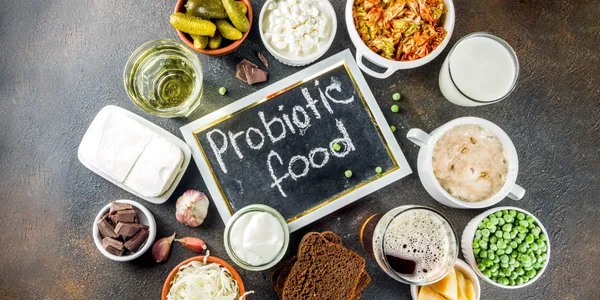
Serving mothers all over the eastern area of the DFW metroplex including Rockwall, Mesquite, Garland, Forney, Royse City, Greenville, Wylie, Richardson and Rowlett. We looks forward to meeting you and your family!
SCHEDULE YOUR FREE CONSULTATIONThe average length of pregnancy is 40 weeks. You’re half-way there! We’ve spent a lot of time working on nutrition in earlier weeks of pregnancy. Here I will share with you one way that good nutrition helps make your pregnancy safer and healthier.
1) Group B Strep
2) Good Nutrition

Group B Strep (Streptococcus) are bacteria that come and go naturally in the body. Most of the time, they are not harmful. But, if the bacteria is transmitted to your newborn in the birth process, it can cause serious respiratory infections such as pneumonia. There are steps you can take to protect your newborn.
TAKING PROBIOTICS with Lactobacillus rhamnosus GR-1 and Lactobacillus Reuteri RC-14 reduce GBS colonization in pregnant women. Please begin taking a probiotic with those two strains of lactobacillus as soon as possible. You’ll find it in probiotics that are labelled “for women” like FemDophilus or Garden of Life RAW Probiotics.
Evidence Based Birth - Learn About Treatment Options
Evidence Based Birth created a well-researched article to help families understand their options, and the benefits, risks and alternatives to the GBS treatment options. Please read the article, and decide if you prefer to do a RISK BASED approach (use antibiotics only if your risk score is higher) or a UNIVERSAL approach (use antibiotics if you test positive for GBS)

I can not overstate the importance of eating a healthy diet. If I could boil it down to super simple guidelines for pregnancy I would say:
